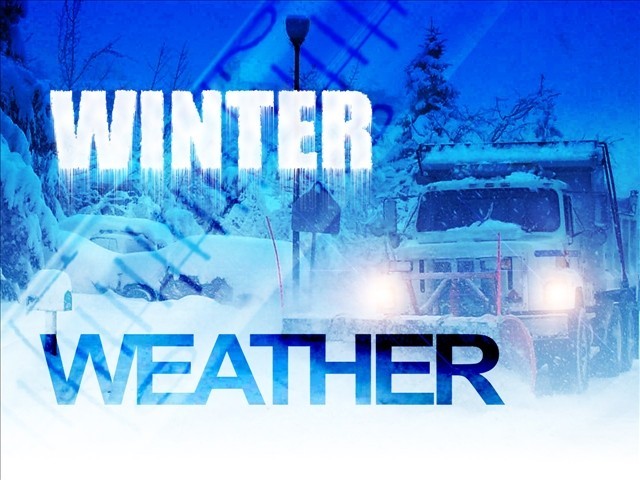"While Alaska's been having very warm temperatures, they've been having flow from the south, we have been blasted by this cold air coming down from the Arctic," Knox told Georgia News Network.
Knox says that weather phenomenon is not as well understood or as predictable and took climatologists by surprise. She says it's possible the worst is behind us since the sun is now up longer each day, which could help warm our temperatures. But she's not making a prediction about that.
Knox says north Georgia suffered the worst winter weather while south Georgia got mostly rain, which may help drought conditions there and be a good thing for farmers.
And, nationwide, this winter could set a record.
"If you had to count up all the snow days people have had to take across the country, we might set a record because there have been so many different places affected by snow this year. For Georgia this year, we're definitely colder than average which is really a surprise because we expected this to be a warm and dry winter."
Climatologists had expected the La Nina to bring warmer winter temperatures, but it was counter-acted by a the Arctic Oscillation, "another one of these pressure variationa that happens in the north Atlantic and the Arctic," Knox said. "When that happens we get these really strong cold blasts, and that took everybody by surprise because it's not well predicted."

http://accesswdun.com/article/2011/2/236082
